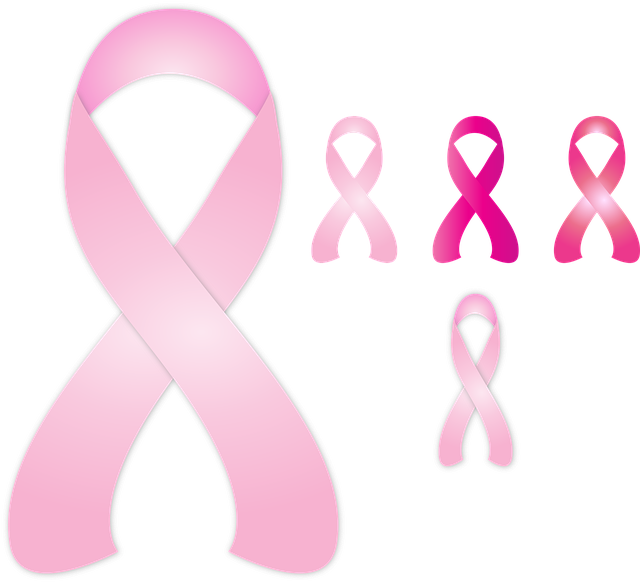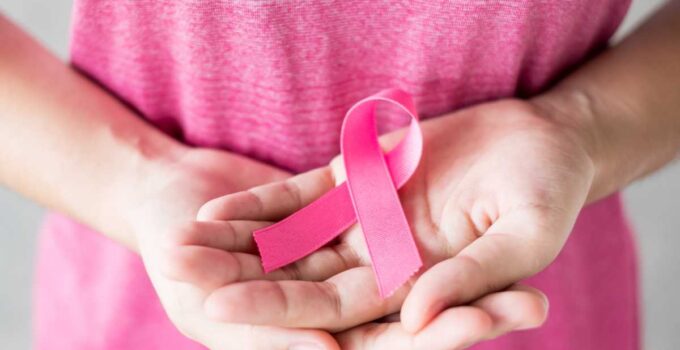Breast cancer is one of the commonest types of cancer among women across the world. As the name suggests, it develops from the breast tissue. Breast cancer can be of many types, and are differentiated on the basis of their capability of spreading to other parts of the body, medically known as metastasizing. Like many other cancers, the symptoms can be indicative of many illnesses, many of the minor or benign, and can hence go unnoticed for a very long time. However, breast cancer is one of the most easily curable of all the cancer types if the diagnosis is made early and treatment ensues immediately.

Causes of breast cancer
The exact causes of breast cancer are not yet fully known, although several reasons have been listed down as possible causes behind developing breast cancer. These are:
- Advancing age- a 70-year-old woman is more susceptible to cancer than a 20-year-old woman, although the cancer type is more aggressive in the younger woman.
- Heredity- Some genes contain the mutation responsible for causing breast cancer
- Sex- Females are a lot more susceptible to breast cancer than men, although the prognosis in men is usually poorer.
- Other cancers (present or in remission) – Some cancers may come back or spread to the breast.
- High alcohol consumption
- Smoking- active or passive
- Obesity
- Highly sedentary lifestyle
- Hormone and insulin levels
- Oophorectomy and mastectomy- Removal of ovaries and breasts
- Exposure to toxic compounds
- Exposure to hormone-mimicking compounds found in some cosmetics and other products
- Exposure to DDT
- Exposure to radiation- possibly as treatment for other cancers
Of course, there are multiple other underlying factors that might lead to the development of breast cancer. In many cases, certain substances like dietary fat have been linked to an increase in the risk of developing breast cancer, but definite conclusions have not yet been reached.
Symptoms of breast cancer
Breast cancer is mostly diagnosed when a woman first feels a lump on one or both of the breasts that is different from the rest of the breast tissue. Symptoms may include a change in the appearance of the breast, such as an inverted nipple or swelling or dent on the breast. It may be accompanied by pain on the breast or armpit, and leaking of fluid from the nipple. Inexplicable weight loss or gain is also a sign of breast cancer.
Screening and diagnosis of breast cancer
A very common screening method the employed by the healthcare provider is a physical examination of the breast (s) and mammography. These are usually able to provide an approximate diagnosis of whether the lump is cancerous or is a simple cyst. If these are inconclusive, fluid from the tumor is withdrawn with the fine needle aspiration and cytology procedure, which is then sent for a biopsy, where the fluid is analyzed for cancerous cells. Sometimes, surgery is also performed to remove part or whole of the tumor and then performing a biopsy on that. This is usually undertaken if there is already an approximately positive diagnosis for cancer after initial examinations.
Treatment and prevention of breast cancer
Clinical trials are also an option for breast cancer treatment. There are thousands of trials ongoing and each trial is looking for a particular type of patient, if you wanted to look at what trials are out there you can visit WithPower for more information
Treatment for breast cancer primarily includes chemotherapy, mastectomy, or a combination of both. Adopting a healthy lifestyle- such as cutting down on alcohol intake, quitting smoking, reducing fat intake, following a regular exercise regimen, and breastfeeding if necessary are some of the ways in which a woman can significantly reduce the risk of contracting breast cancer. This is true even for men, for whom breast cancer is rarer but usually worse. Pre-emptive surgery is also recommended for people with the genetic mutation responsible for breast cancer.




